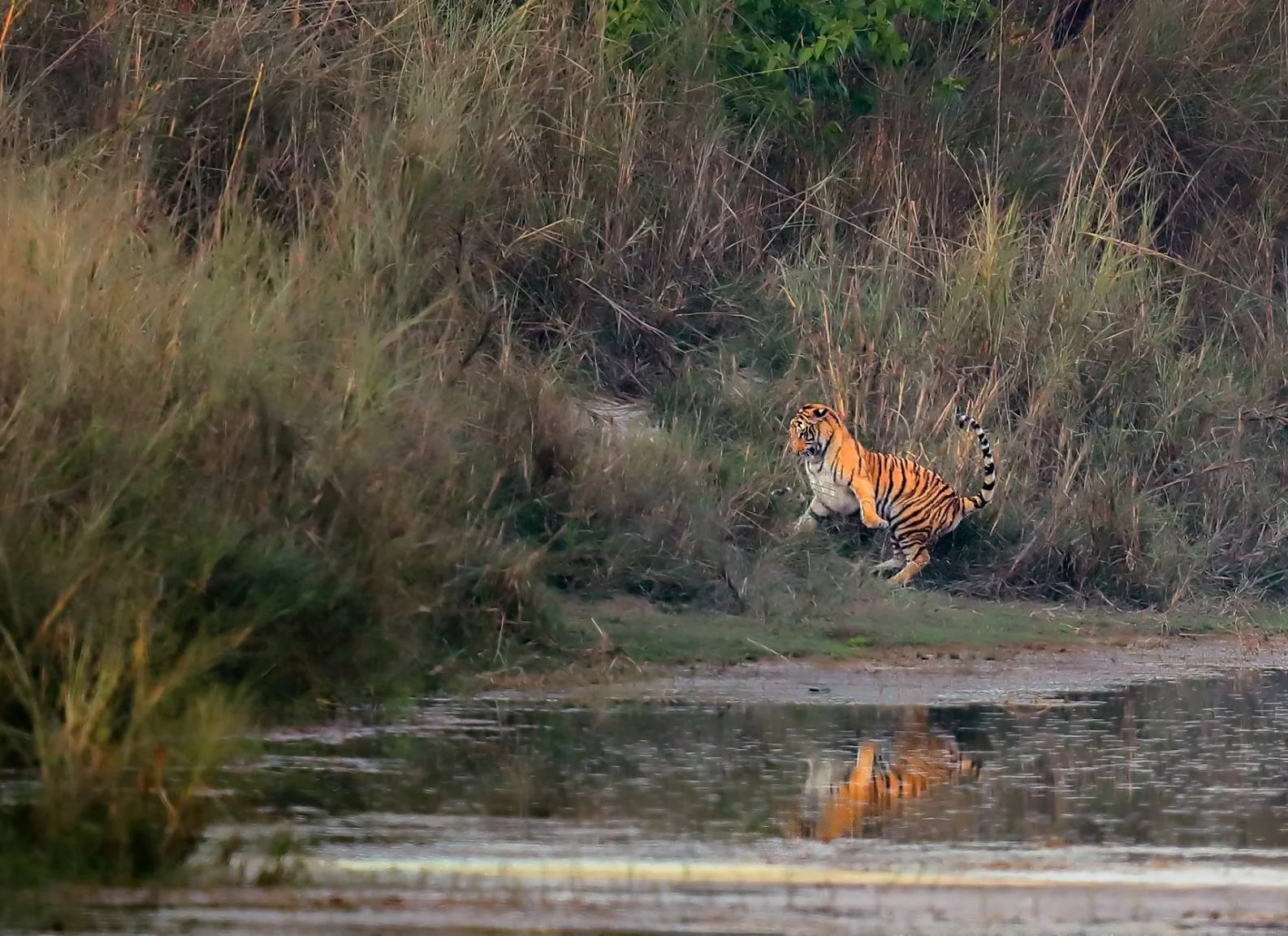

We partner with the wildlife biologists, NGOs and community organizations worldwide to support and build capacity for conservation.

In its first campaign, Project Conservation successfully raised over $10K to rebuild an ecologically important village in Nepal following the devastating 2015 earthquake. This past summer Project Conservation started filming our first film project The Last Tiger, which documents the difficulties of tiger conservation in a growing human-dominated landscape. PC is partnered with Nepal’s National Trust for Nature Conservation and Nepal Tiger Trust and aims to donate a large portion of proceeds from The Last Tiger to these organizations to support human-tiger conflict mitigation efforts.
We have supported conservation work in both Nepal and Thailand by providing funds and media publications.
We raised over 10k to help rebuild a small village of 200 people in the remote Himalayan mountains, after the 2015 Gorkha earthquake hit Nepal.
Every dollar donated goes directly to our projects.
Project Conservation is focused on tiger conservation in Chitwan National Park, Nepal and the Western Forest Complex in Thailand. Today, Chitwan National Park (CNP) is one of the only places in the world where more tigers exist today than 30 years ago. However, an unforeseen consequence of tiger expansion is an exponential increase in the number of humans killed by tigers around CNP. Human-tiger conflict is one of the most urgent issues related to tiger conservation. In Thailand, biological and ecological studies are ongoing, and with their dedication to tiger conservation, Thailand is the only place in SE Asia where tiger populations are returning.
Project Conservation has also partnered with La Sportiva to protect the Spiti Valley of India by empowering local communities to climb safely, leave no trace behind, and ultimately protect the ecosystem and native wildlife of the Himalayas.
“Long-term conservation of tigers and other large wildlife species in Asia will depend on careful land-use planning and zoning of large conservation landscapes to include areas for human use, core habitat, wildlife corridors, and buffer zones. Enlisting the support and cooperation of local people by providing greater economic incentives and opportunities for political empowerment, and by in-voking cultural values that favor attachments to wildlife, will be imperative."
Dinerstein et al., 2007